Some people know all along. Some people talk about it, some don’t. Others, don’t come to terms with their sexuality until later.
I realized I was attracted to people of all genders significantly late: in high school, which, combined with the fact that I already happened to be in a long term relationship with a boy, assured my parents that I was simply going through a phase and was really only into men.
1 – Bi Privilege
The Myth
However, I never enjoyed any kind of ‘privilege’, as bisexuals in a different-gender-relationship are often assumed by homosexual people to do.[1]
On the contrary, my mother threw a fit when she caught me asleep on my bed with a friend who happened to be a girl and feels, to this day, threatened by most of my female friends.
As for my seemingly supportive father, he warned me that if I didn’t change that ‘habit’, I’d probably never be able to form loyal monogamous bonds with people and sustain serious relationships, since I’d always be unsatisfied and greedy. When I went through a psychologically ugly phase through winter because of my own issues, they both decided that the reason of my sadness was nothing else, but the confusion caused by my abnormal, unsettled sexuality.
So yeah, bi people don’t receive any kind of special treatment. My family treated me with caution, tears and disappointment, as if I’d come out to them as a lesbian, with the slight difference that I actually was in a relationship with a man back then, and continue to be in a relationship with another man today.
Even if sometimes I get the illusion that I can lay back and ‘enjoy’ the privileges of this relationship, I still can’t let them know I’m into LGBTQ+ activism, and I have to be careful of cameras at Pride.
2 – Biphobia and Bi Erasure
A Guide to Non-Inclusion and Invisibility
Whenever I discuss my sexuality in a new group of people my age, I must expect the guy who’ll say nasty, objectifying things that have to do with me liking girls and assumedly being kinky, promiscuous, and into wild threesomes, as most bisexual people are stereotypically considered to be. There was also that straight girl who patted my back and condescendingly told me that, now that I’ve tasted sex with men, I’m fooling myself and will probably never be really satisfied with a girl, and that gay girl who asked me what sort of weird, wicked thing I was, and how liking boys works, exactly.
The thing is that, bisexuals usually have to live big part of our lives without having our identities recognized, which something strongly adds up to the invalidation of our feelings and problems, and the sense of not fitting anywhere.
We are represented in the media, but as the dangerous ‘straight girl’ you should never fall for, the experimenting ‘lipstick lesbian’, or the ‘once-lesbian celebrity that settled for a husband’, since most narratives seem to be afraid to use our name.
Invisibility renders it harder for us to come out and be understood by friends, colleagues and family, to seek both legal and social support, and to receive medical or psychological care without being labeled as confused, a transmitter of diseases, or worse, encouraged to cure ourselves in order to solve most of our physical and mental health problems.
3 – Bisexuality and Mental Health
The Dead-End
As a result, it appears that both bisexual women and men are easily affected by mental health problems and psychological issues. Specifically, a large survey from the UK has shown that bisexual women, more likely than lesbians, may experience eating problems or self-harm. [2]
They are also more likely to suffer from depressed feelings or anxiety, according to a research by the London School of Hygiene and Tropical Medicine. According to major Canadian study, bisexual men are 6.3 times more likely, and bisexual women 5.9 times more likely, to feel suicidal than heterosexual people.
As for trans bisexual people, they also run the risk to be denied healthcare services based on their sexuality, according to the 2014 Movement Advancement Project report and Rainbow Health Ontario. More recently, Joelle Monaghan, a Dalhousie University nursing graduate, shows in her recent research how bisexual female students are more likely than others to suffer from depression and turn to risk-taking behaviors, such as the use of substances.
4 – Things to Consider
The thing is, we’re tired of always having to prove the authenticity of our existence to others, running the risk of still having our stories invalidated afterwards.
If we seek help for our problems, we need trained health professionals, who won’t expect us to convince them about our issues, assume things about our sexual partners, life and practices, based on our sexuality – or vice versa – or invalidate our experience.
We need people who will sit back and hear us, keen to be educated and open towards things they might have not experienced. We need public services and easy access. We need people who will not make us feel weird, cryptic, or apologetic about an important part of our identity.
Don’t forget to consider racial discrimination, sexism and transphobia, disability, poverty: intersections of our different identities that add up, induce and affect mental health, while at the same time limiting our access to solutions.
Remember: reaching for help isn’t always that easy, especially when other parts of our identity make us less privileged than others. It’s not only up to the individual to work for courage to ask for help. It’s also a huge responsibility of a system that has to make it accessible to all of us.
[1] I identify as pansexual, which means I am attracted to people regardless of gender, even though I sometimes use the umbrella term ‘bisexual’ in order to be more broadly understood to people who are not yet acquainted with all terms. To clarify, when we use the term ‘bisexual’ here, think of it as an umbrella term for people who are attracted to more than one genders, be it bisexuals, pansexuals, polysexuals etc.
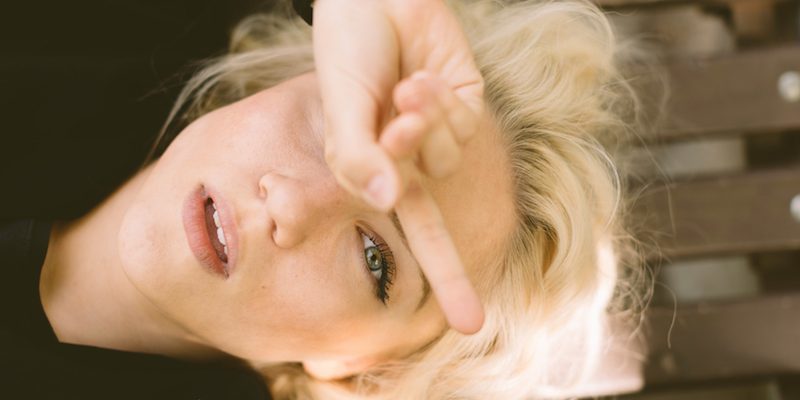
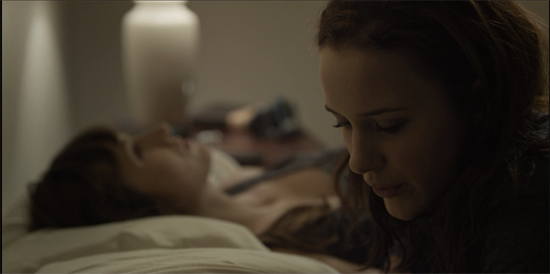

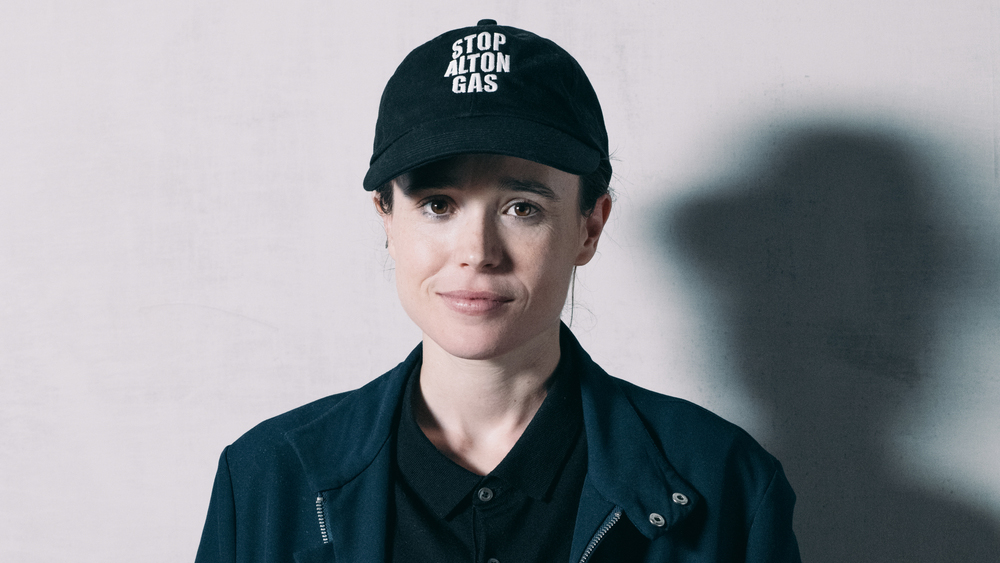
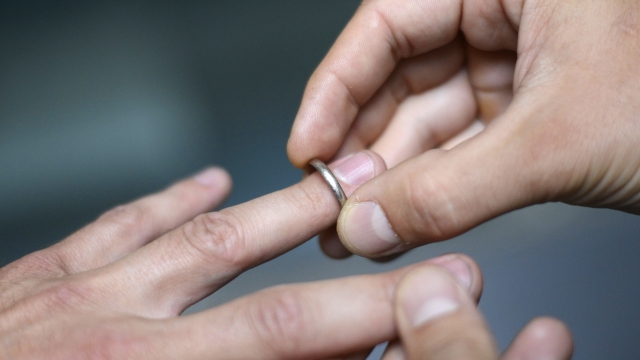
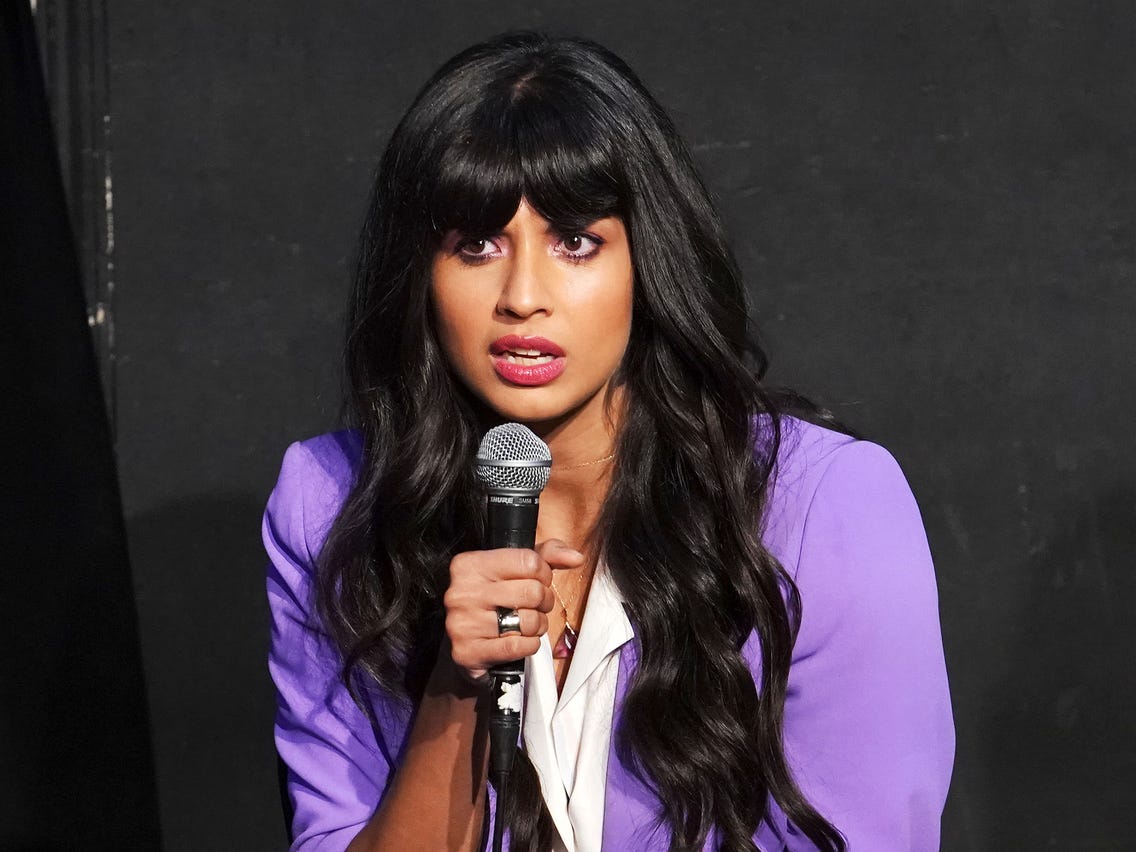
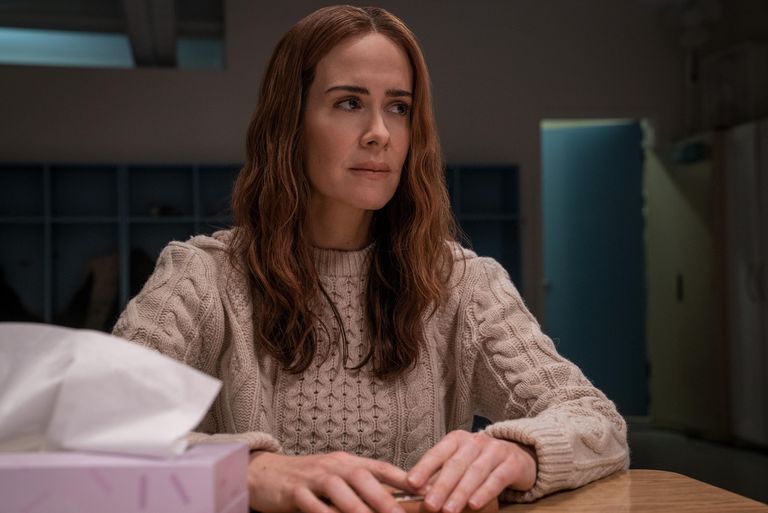



One thought on “Struggles Of Being Bisexual And The Messy Realities We Deal With”
Pingback: A Third Of Americans Wouldn't Date Someone Who Is Bisexual | KitschMix